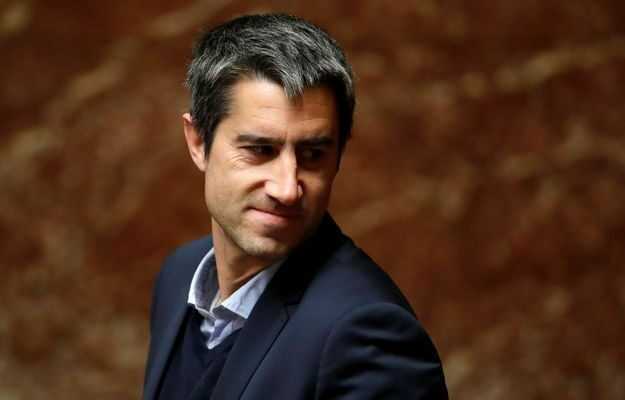The LFI deputy, guest of Apolline Matin on BFMTV, shared his thoughts on certain themes of the campaign. On the program: price blocking, Alstom, the EHPAD scandal and the police. Faithful to himself, he delivered a radical thought, but always rooted in reality.
It is a François Ruffin in great shape who was given to us this morning on BFMTV. The member of the insubordinate France began his speech by recalling what is happening in Canada, where the “freedom convoy” – nearly five hundred trucks – stormed the roads of the capital to demonstrate against the sanitary restrictions, so much so that the mayor of the city, completely overwhelmed, declared a state of emergency. The LFI deputy allowed himself to draw a parallel with France: “If the convoy arrives to lay siege to Total at La Défense, I will be very favorable to it”, adding that he would go “to support the people who come to claim that the dividends of Total are not used only for the shareholders but for the employees, the motorists and the French tax authorities. »
Call to revolt or simple political fiction, the fact remains that François Ruffin castigated the government’s inactivity and expressed his dissatisfaction with the profits made by the oil company. On this same subject, he recalled that “today, it’s 15 billion in profits for Total”, that the “essential will go to the shareholders” and ending, anger: “It’s a tremendous looting of the French economy; 135 billion just for the CAC 40, can you imagine? The deputy also asked the government to “block dividends and prices at the pump”, a measure that Jean-Luc Mélenchon had defended on TF1 on Sunday February 6.
For a referendum on energy
Another subject addressed by Apolline de Malherbe: nuclear power. But François Ruffin insisted on digressing and embarked on the Alstom affair, where when “Macron sold with his little friends to his friends from all over the country a French flagship at General Electric, rendering service to Bouygues with disputed facts […] the aberration is that it was handed over to the Americans. He then went on to Jean-Luc Mélenchon’s nuclear program and said he was against a “nuclear revival”, while explaining that he wanted to make his absolute priority “a public nuclear sector”. Its flagship measure? “Going towards much less nuclear subcontracting to secure employees and power plants”, all this through a popular referendum so that citizens can choose the energy they want.
The Korian-Orpea controversy also crept into the interview. Faced with numerous testimonies from families of elderly people placed in EHPADs, the deputy attacked the government’s inaction and “demands the requisition of Orpea, that is to say, to take the houses and put them in the hands of associations or of the State so that the shareholders do not receive a euro, since they have received dividends on the mistreatment of the elderly. However, he toned down his point against the private sector by saying that the public EHPADs were not satisfactory either.
Finally, the highlight of his intervention: the police. If France Insoumise has often been accused of an “anti-cop party” in view of its speeches and its refusal to condemn certain insults (even, sometimes, abuses) committed against the police – as was the case during of the Fête de l’Humanité when Jean-Luc Mélenchon had refused to condemn the song “everyone hates the police” – François Ruffin held another speech. He began at a moment’s ill at ease, then ended up answering after the journalist revived him: “Today, there are no objectives set by the Ministry of the Interior for the police. . What is the course of action? I think we [LFI] would do better than the government. The objective is to move towards a police of trust. I think there is a malaise in the police that arises from the fact that we do not set targets for them. »
The deputy then drew a parallel between the police and politics, taking the yellow vests crisis as a backdrop and delivered his analysis: “There is a problem with the political use that we have made of the police. We saw it during the yellow vests. We imposed fear, with a treatment that left people injured and blinded. The problem is who holds the arm, who holds the truncheon. I speak with police officers, I even sometimes play football on Sundays with some and I can tell you that they themselves have regretted this political use of the police. “No hatred against the police, on the contrary, understanding in the face of things that are beyond them, a rarity in the ranks of France Insoumise.
Any reproduction prohibited
